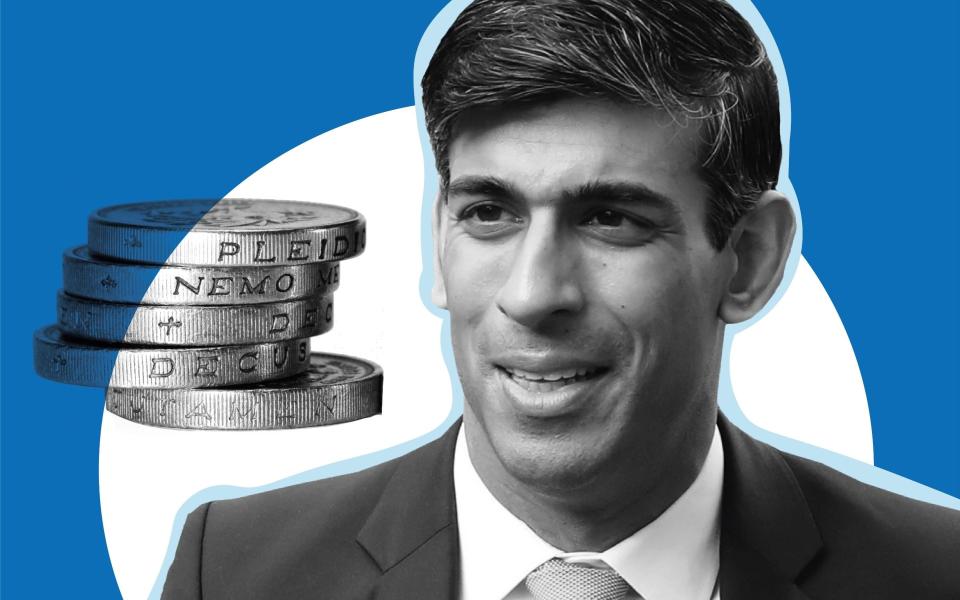Dividend tax increase – how much extra you will pay and how to beat it

Dividend tax rates will increase by 1.25 percentage points from April 2022 to raise money for health and social care in a blow to investors and business owners.
The Government said the change would raise £600m in extra revenue.
Dividends are taxed based on your income tax rate.
Basic-rate payers will now pay 8.75pc tax on dividends, up from 7.5pc, higher-rate payers will pay 33.75pc, up from 32.5pc, while top-rate payers will pay 39.35pc up from 38.1pc.
There is a £2,000 dividend tax-free allowance on top of the £12,570 personal allowance if you only receive income via dividends. There is no tax on dividends held inside an Isa.
Laura Suter of AJ Bell, the stockbroker, said: "The dividend tax hike looks very much like a last-minute policy addition positioned as spreading the pain of tax increases across society. Investors and the self-employed will collectively pay £600m more in tax as a result of the move.
"However, it will be felt the most by company directors, including the self-employed and contractors, who pay themselves via company dividends in addition to salary.
How much more will you pay?
The move means that anyone taking home more than £2,000 a year in dividends will face a slightly higher bill regardless of their income tax band.
A basic-rate payer receiving £3,000 in dividends will pay dividend tax on £1,000. Their bill will rise from £75 to £82.50.
A higher-rate payer taking £10,000 in dividend payments would pay 33.75pc on £8,000 of dividends with a dividend tax bill of £2,700, up £100 from the current system.
Many self-employed people pay themselves in dividends rather than a salary and would be hit even harder. A sole trader paying top-rate, 45pc, income tax taking £25,000 in dividends would pay the new 39.35pc rate on £23,000, assuming the personal allowance has been used up. This would mean a tax bill of £9,050.50 versus £8,763 under the current system.
Thousands of self-employed workers who use dividends to pay themselves were excluded from the Government's income support schemes during the pandemic. They missed out on thousands of pounds in grants while they were unable to work and now will paying higher tax bills.
How to dodge the dividend tax rise
The simplest way to avoid paying dividend tax is to use an Isa. Investment returns are not subject to income tax, capital gains tax or dividend tax. Currently you can put £20,000 a year into an Isa and £9,000 into a Junior Isa on behalf of your children. A family of four can shelter £58,000 each tax year in Isas.
However, many older investors will have substantial holdings outside of an Isa. Usually this is because they received an inheritance, when the allowances were lower. It can take many years to move an entire portfolio into the tax-free wrapper. Stockbrokers offer this service of selling and rebuying investments inside an Isa as "bed and Isa".
The order in which you move investments is also important. Many technology stocks, for instance, don't pay dividends at all, so should be moved inside an Isa after income stocks.
The same applies to "growth" funds that target capital growth over payouts. They will be subject to capital gains tax at 20pc instead. It has been expected that the Government would try to raise CGT rates in line with income tax after it commissioned its tax adviser, the Office for Tax Simplification, to look into alternatives to the current system but the Prime Minister ruled out any changes to CGT.
Ms Suter said anyone with a portfolio worth more than £50,000 outside of an Isa yielding at least 4pc a year would be affected.

 Yahoo Finance
Yahoo Finance 